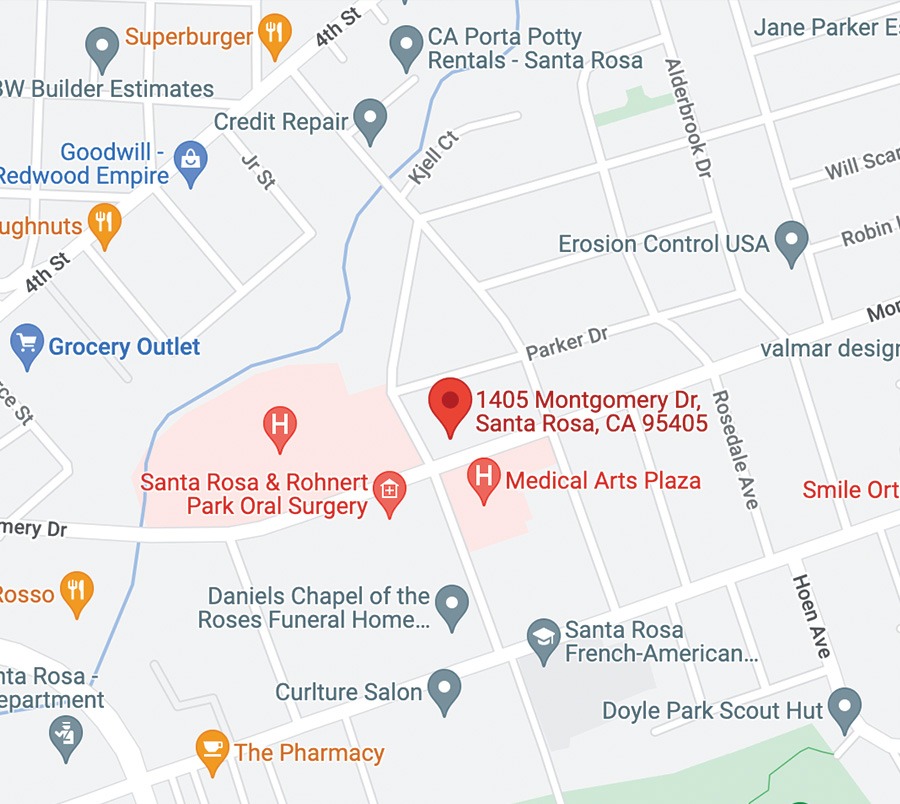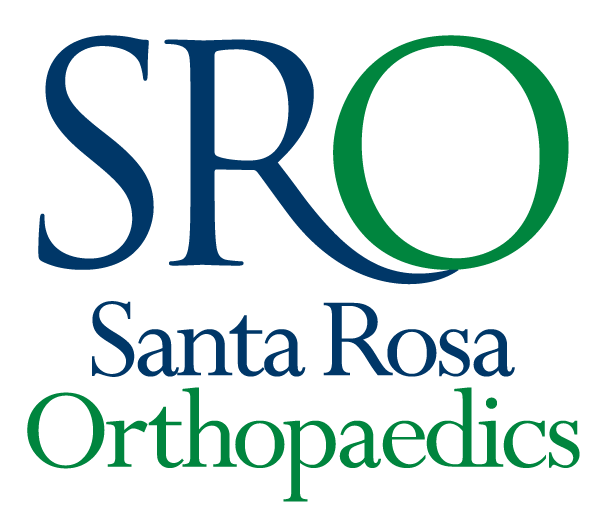Santa Rosa Orthopaedic Surgeon Dr. Michael McDermott delves into new study indicating that brief bursts of weight bearing exercise can provide a lifetime of better bone health, helping to reduce the chances of fractures.

Quick bursts of activity helps to keep bones strong.
Scientists from the University of Exeter reported this month results of a study indicating women who underwent brief bursts of high-intensity, weight-bearing activity equivalent to a medium-paced run for pre-menopausal women, or a slow jog for post-menopausal women, had better bone health.
“As an orthopaedic surgeon, I understand the importance exercise can play on improving bone health. Although it is a known fact that weight-bearing physical activity can slow bone loss even in older people, it is my hope that younger people will be able to heed the advice and take advantage of any opportunity to optimize bone health at an earlier stage in life,” says Santa Rosa Orthopaedic surgeon Dr. Michael McDermott.
The Fact on Bone Health
According to the American Academy of Orthopaedic Surgeons, being active and following a regular exercise program are important aspects to maintaining healthy bones. Weight-bearing exercise is especially important for maintaining bone strength and preventing osteoporosis. As an added advantage, by maintaining muscle mass exercise also preserves and strengthens surrounding bone and helps prevent falls.
For this study, researchers compiled data on more than 2,500 women, and compared activity levels (measured by wrist-worn monitors) with bone health (measured by an ultrasound scan of heel bone).
As well as finding an average of four percent better bone health among women who did one to two minutes of high-intensity, weight-bearing exercise, they found six percent better bone health among those who did more than two minutes a day.
Fracture is Just One Consequence of Weak Bones
By 2020, it is estimated that half of all Americans over age 50 will have weak bones, according to the National Institutes of Health (NIH). These outcomes can be improved by making changes to diet and lifestyle, and preventing bone loss in people who are most at risk. When a fracture happens the level of severity of an injury usually depends on where it is located and the damage sustained by bone and tissue surrounding the fracture. Obviously, serious fractures can have dangerous complications if not treated promptly with attention put on damaged blood vessels or nerves and resultant infection of the bone (osteomyelitis) or tissue surrounding the injury.
Prevention is Key to Improving Bone Health
Making lifestyle changes that include optimal nutrition and weight bearing exercise can also help to prevent fall-related fractures, which can have a major impact not just on the health of patients, but the economy. Every year, fragility fractures cost Americans an estimated $18 billion, with that number expected to double or triple in coming decades, according to the National Center for Biotechnology Information. Nutritional supplements and a healthy diet that includes rich sources of calcium and vitamin D, drinking less than three alcoholic beverages per day and refraining from cigarette smoking can all help keep bones healthy.
“This study suggests that weight bearing exercise is a key factor to long term bone health. By weight-bearing we are talking about any activity that can be done on your feet that works bones and muscles against the effect of gravity,” Dr. McDermott explains. “Regular weight-bearing exercises can be as simple as brisk walking, jogging, or even participating in team sports. All of these activities work to activate the body’s bone-forming cells and helps bones become stronger.”
About Santa Rosa Orthopaedics & Dr. McDermott
Dr. Michael McDermott is a board certified orthopaedic surgeon specializing in sports medicine and other orthopaedic problems, with emphasis on arthroscopic, complex reconstruction and minimally invasive procedures of the knee, hip and shoulder. Dr. McDermott has specialized training in reverse total shoulder as well as Mako Robotic assisted patient specific hip and knee replacement. To learn more see Dr. McDermott’s profile page. To schedule an appointment call 707-546-1922.

